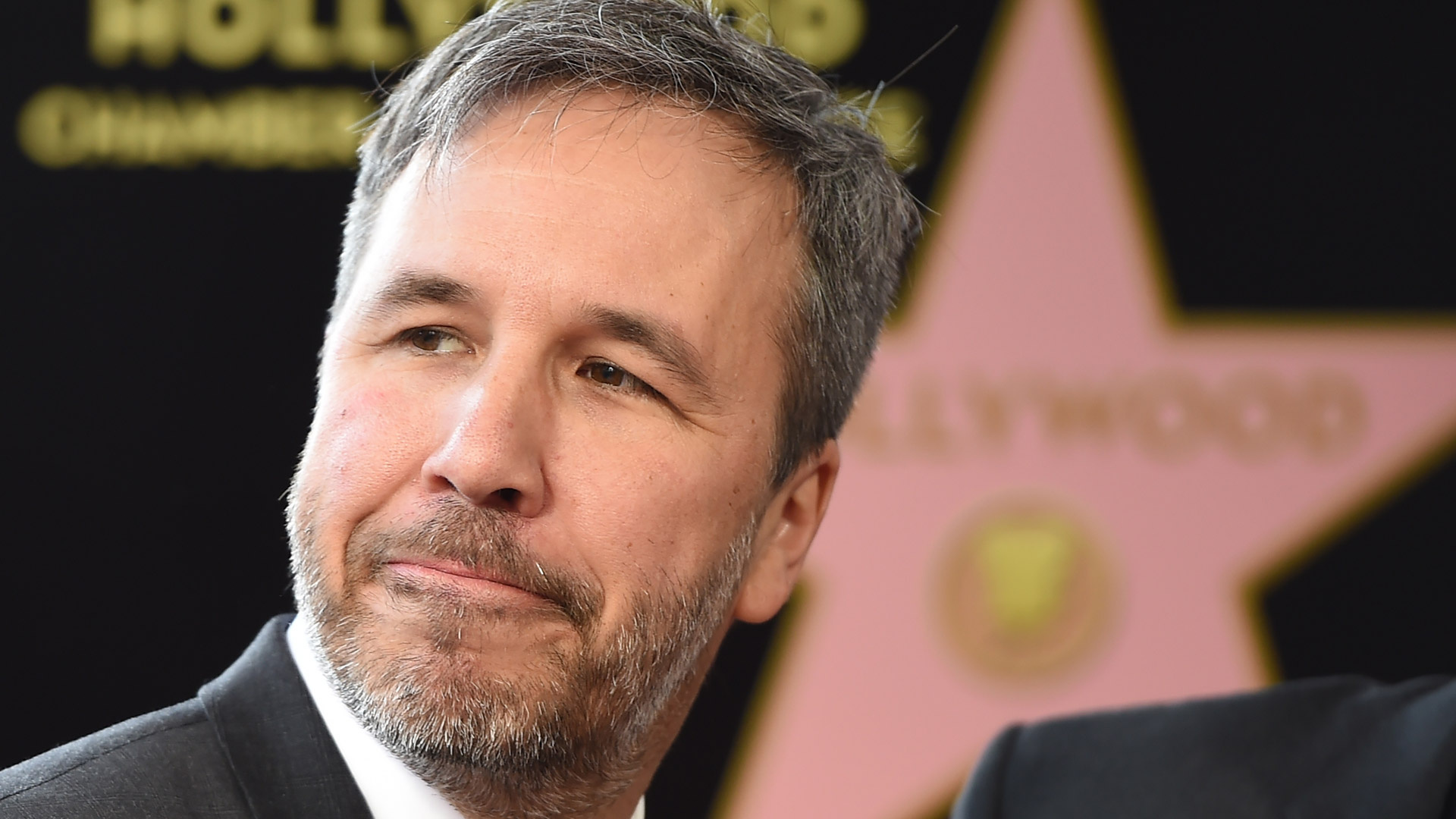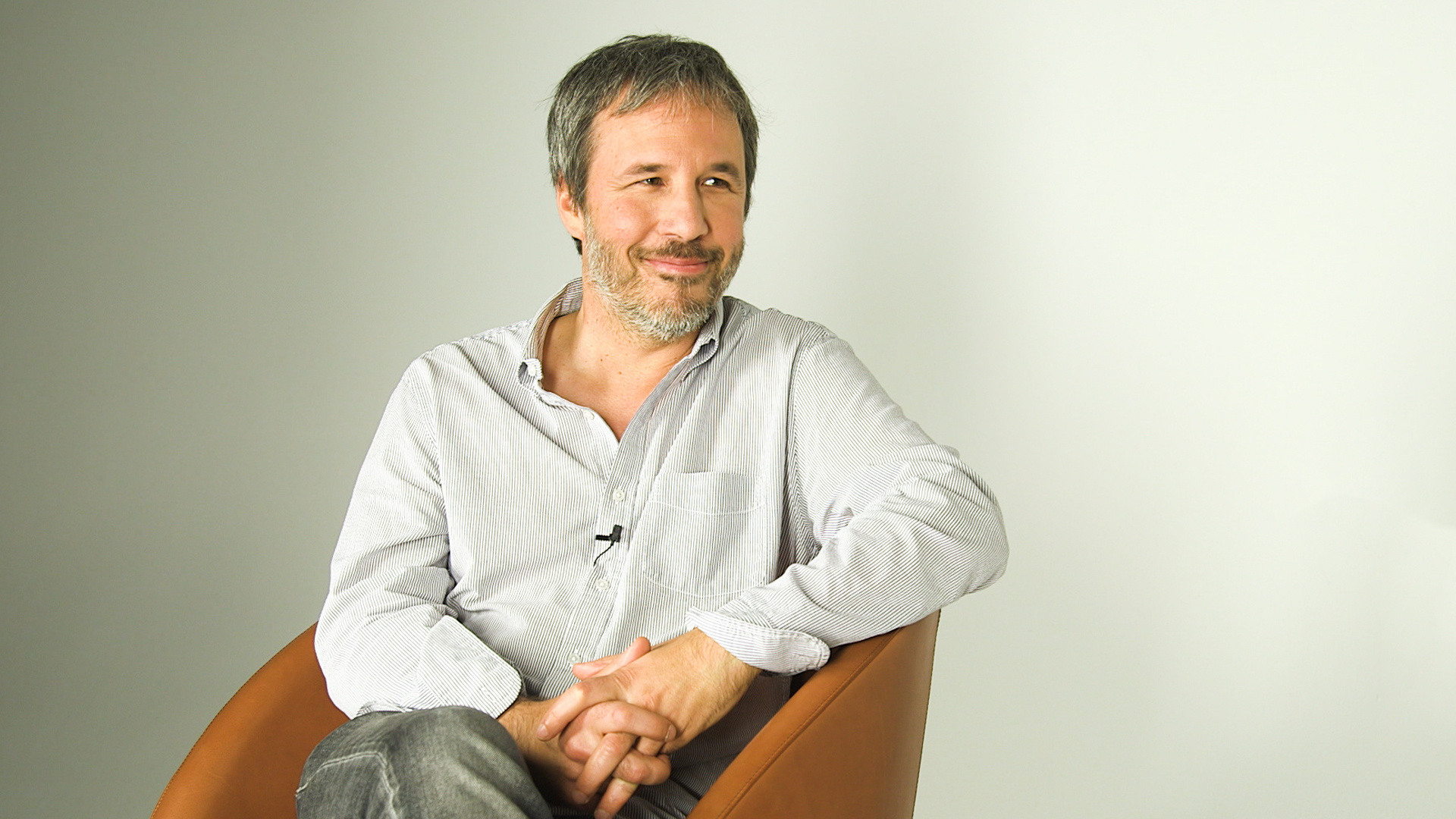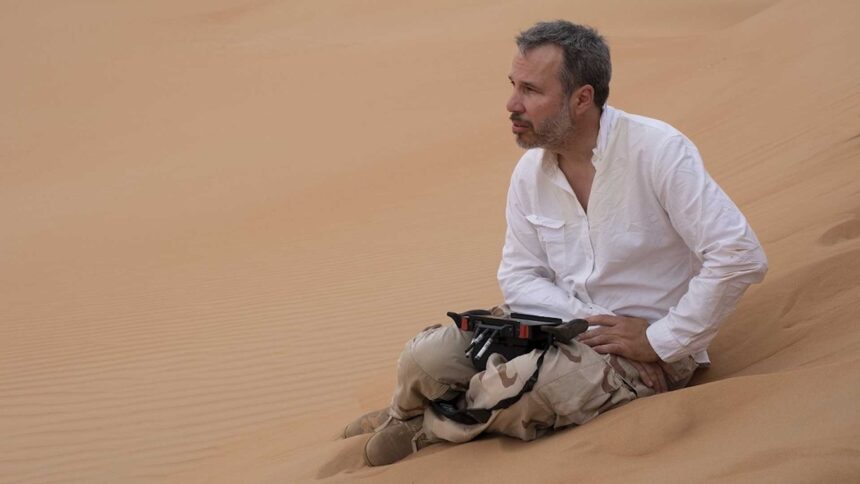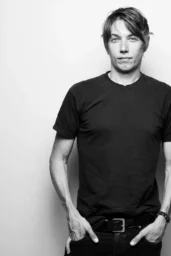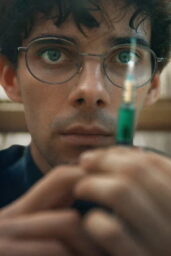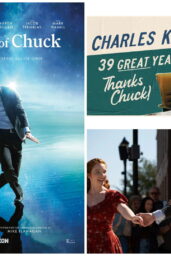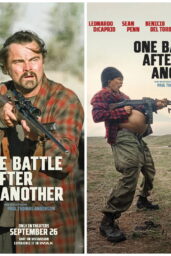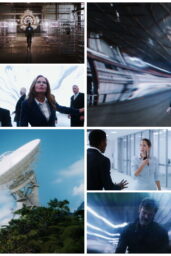Denis Villeneuve, the visionary behind films like Arrival, Sicario, Blade Runner 2049, and Dune, has set his sights on a bold and unconventional project: a silent film. In a recent appearance at the BFI London Film Festival, the director shared his ambition to create a dialogue-free movie, emphasizing the power of visual storytelling in cinema.
“Cinema was born as a visual medium. It's in its DNA,” Villeneuve said, echoing his earlier controversial remarks about how dialogue is more suited for theater and television than for the silver screen. He has since clarified that he doesn't “hate dialogue” but prefers the raw emotive strength that images can convey.
This is not entirely unexpected from a filmmaker like Villeneuve, whose films often rely on stunning visual language to communicate emotion and meaning. In Blade Runner 2049, for instance, the vast, desolate landscapes speak as much as the characters do, and in Dune, the immersive world-building creates a visceral experience driven by powerful imagery rather than constant conversation.
Though silent films have largely faded into obscurity, Villeneuve wouldn't be the first modern director to revive the genre. Films like The Artist (2011) and All is Lost (2013) have successfully brought silence back to the big screen. Villeneuve's potential entry into this realm could not only be a tribute to cinema's origins but could also challenge today's audiences to experience storytelling in its purest, most visually driven form.
As fans of Villeneuve's visually immersive style, we can only wonder: will a silent film be his next great masterpiece, redefining the way we engage with modern cinema?
Villeneuve's ambition to make a silent film excites me as a lover of visually driven storytelling. His ability to craft stunning visuals could make a modern-day silent film not only feasible but extraordinary. This project feels like a natural evolution for a director so committed to pushing boundaries.
Do you think modern audiences are ready to embrace a silent film, or is dialogue too ingrained in today's cinema experience?
